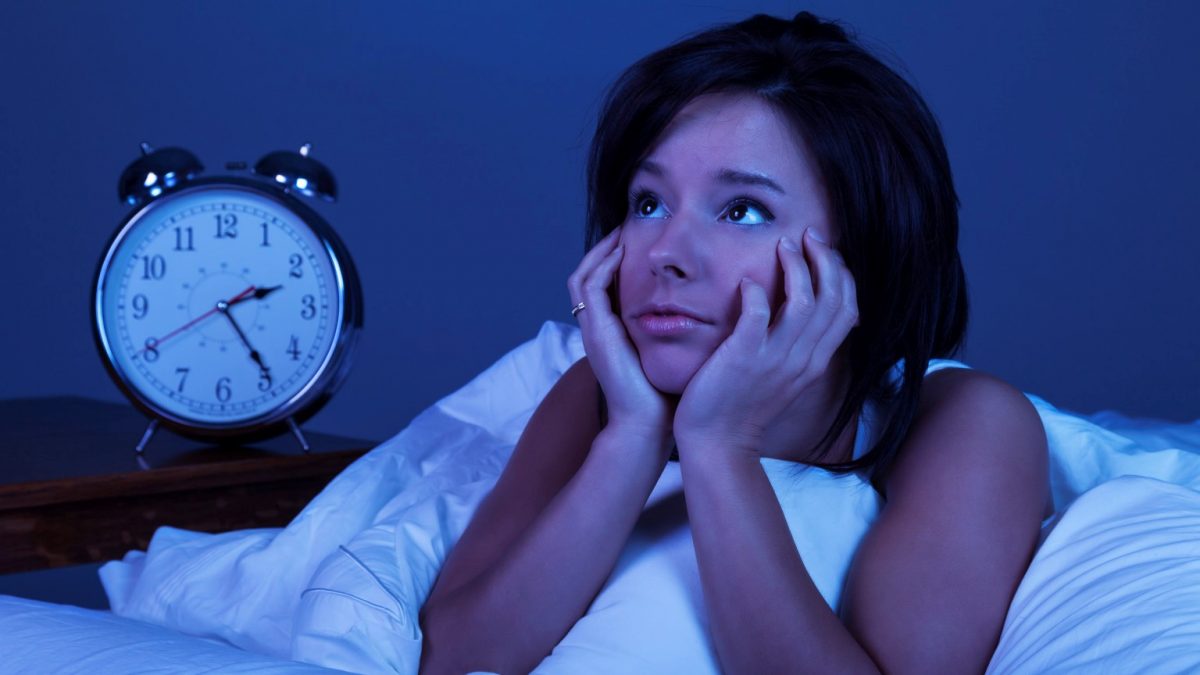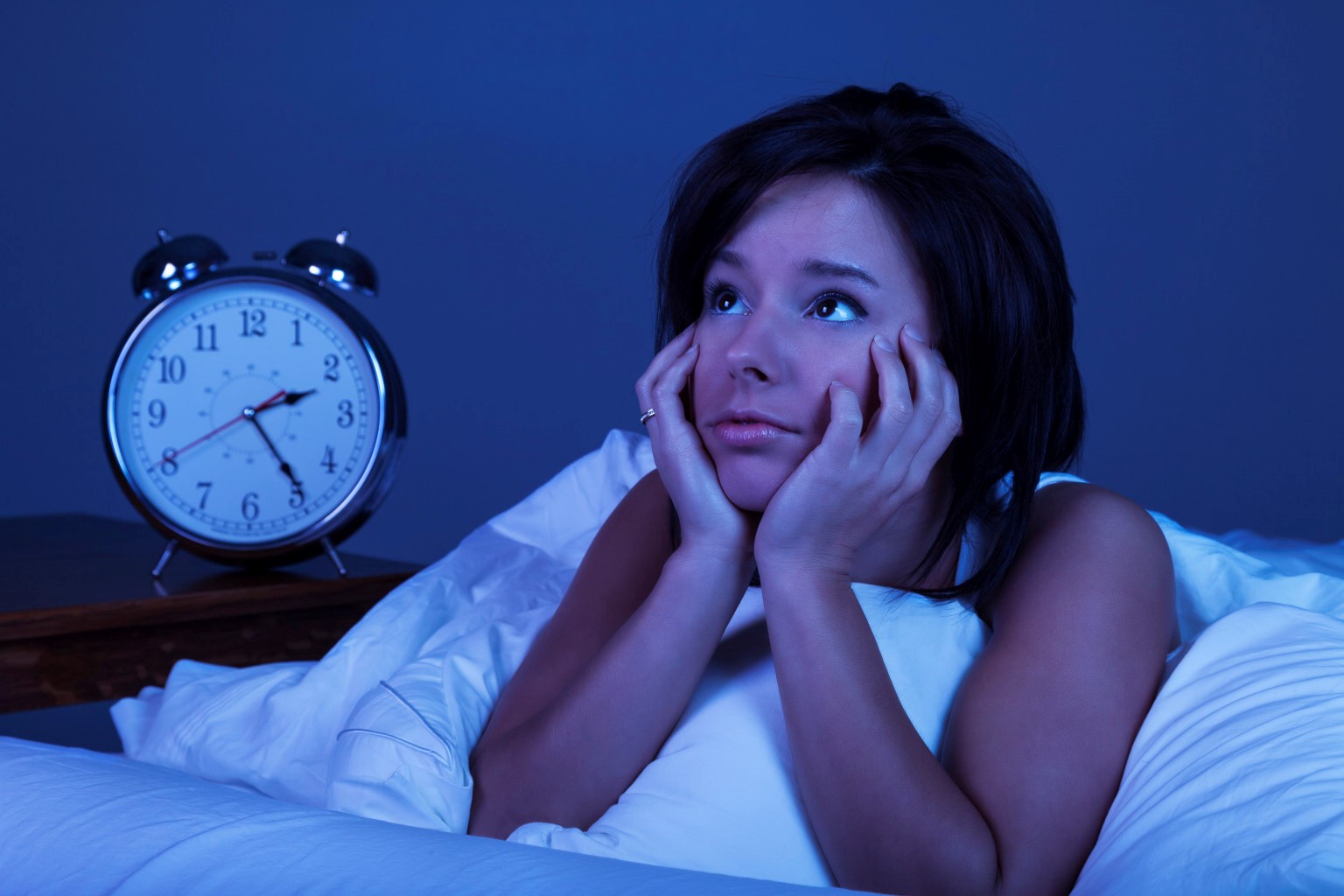Sleep…the best vitamin ever!

Pot or Not? – The New Green Revolution
December 11, 2019
Science is discovering some pretty amazing things about sleep. Let’s take a quick look at what’s new in this important field and how it relates to mental health.
Sleep and depression

People who are depressed often have trouble sleeping. If you’ve ever been depressed, you know this from personal experience!
Sleep symptoms during depression can include:
- Trouble falling asleep
- Frequent nighttime wakening
- Early morning wakening
- Unrefreshing sleep
- Troubling dreams or nightmares
- Day for night: awake all night, sleeping all day
- Unable to wake up in the morning
- Daytime drowsiness
For years, we have been taught that:
- Depression causes sleep disturbances.
However, new research is beginning to show that:
- Lack of sleep can cause depression!
That’s right! Sleep researchers are finding that lack of sleep may trigger symptoms of depression, including Major Depressive Disorders.
Here are a couple of ways this may happen:
- Lack of sleep distorts memory so that we tend to remember bad things about our day, and forget the good ones: as a result, we may look back on the past few days as negative simply because our sleep deprived brain is preferentially “remembering the bad and forgetting the good. “
- A good night’s sleep, by contrast, allows us to detoxify our experiences (known in psychology as “depotentiation”) so that, although we still remember what happened, it doesn’t stress us out so much as it would after a poor night’s sleep.
There are lots of other new findings concerning sleep and mental health:
- Sleep deprivation impairs our ability to cope with stress
- Lack of sleep can make us more fearful
- Sleep deprived people are more irritable and have trouble figuring out what is worth worrying about and what really isn’t.
Here is a scientific paper about these issues.
http://www.ncbi.nlm.nih.gov/pmc/articles/PMC4286245/
Sleep and Memory

One of the coolest new findings from sleep research is that:
- A good night’s sleep significantly improves learning and memory function
In simple terms, if you study for a test on dinosaurs you may do better if you take the test after a good night sleep than if you studied one morning and took the test the same evening. Your ability to recall information actually improves after a good sleep, even though more time has elapsed.
Here is a TV segment on how much sleep affects learning. Dr. Walker is a leading sleep researcher in England:
https://www.youtube.com/watch?v=6Wr-ZzG1MrI
So, getting a good night’s sleep is important for remembering things. The flip side of this coin:
- Chronic lack of sleep may cause brain damage and may even predispose us to Alzheimer’s.
Take a look!
http://www.huffingtonpost.com/2014/03/19/sleep-deprivation-alzheimers_n_4992547.html
Sleep and immunity
New research is demonstrating that a good night’s sleep is critical for maintaining good health. Getting a solid night’s sleep may reduce our risk of:
- Obesity
- Heart disease
- Stroke
- Motor vehicle collision
- Infection
It turns out that a good night’s rest can be just as powerful as the flu vaccine in preventing you from catching a cold or even influenza!

http://news.nationalpost.com/health/sleep-longer-to-lower-risk-of-catching-cold
We take it for granted sometimes, but our immune system is our chief line of defense against all sorts of nasty germs and invaders. Our immunity is strengthened when we sleep, and hampered by sleep deprivation. So, getting a good night’s sleep can be a great way to stay healthy.
Insomnia:
Given the importance of sleep, a few quick words about insomnia.
Not being able to sleep properly is not only very, very annoying; it can lead to all kinds of problems, including:
- Decreased energy and fatigue
- Moodiness and depression
- Fearfulness and anxiety
- Memory loss
- Learning problems
- Accidents
- Colds and flu
Most of us experience insomnia periodically. It is a part of life and usually nothing to worry about.
Many factors can contribute to sleep difficulties, both physical and psychological.
On the physical side, here are 2 simple things to keep in mind:
- Caffeine
- Bright light
Caffeine

Caffeine is one of the world’s favorite drugs. Sources of caffeine include:
- Hot beverages: coffee, teas, hot chocolate
- Carbonated beverages (e.g. Coke, Pepsi, Mountain Dew)
- Energy drinks (e.g. Red Bull, Monster)
- Over the counter pain pills (e.g. Tylenol #1, Anacin, Midol)
Here is a list of caffeine content in some foods and beverages:
http://www.cspinet.org/new/cafchart.htm
Learning about the role of caffeine in sleep can be useful to those suffering from insomnia. Occasionally even though we think it’s not a problem….it really is.
Check out this research article:
http://www.ncbi.nlm.nih.gov/pubmed/24235903
Bright light

Exposure to computer screens and cell phones in the evening can affect our ability to fall asleep. “Blue light” emitted from devices suppresses melatonin, our body’s natural “sleep hormone.”
If you plan to be on your computer or cell phone in the evening, try some simple tips:
- Wear sunglasses with polarized lenses for 2-3 hours before bedtime
- Keep ambient light to a minimum
- Reduce brightness on e-readers, computer screens, cell phones to the lowest possible settings
Sleep and Stress
Most of us have experienced periods of insomnia during times of increased life stress. Science is now providing evidence that stress (e.g. struggling at work or school, relationship problems, fear of failure, financial worries) can interfere with:
- How long we sleep
- The quality of our sleep
Poor sleep increases our body’s level of stress hormones, such as “cortisol” which can be detrimental to health.
Here is some data:
http://www.jstor.org/stable/40967601?seq=1#page_scan_tab_contents
If you are experiencing a period of stress, there are lots of good self-help strategies, including:
- Regular exercise
- Getting lots of rest
- Distractions like music, reading, art, dance
- Spending time with friends and family
- Hypnosis and relaxation exercises
- Hobbies
- Talking it out

Finding someone to talk to can make a big difference. Keeping worries to ourselves is a common approach, but rarely is it a good idea. Although we may not want to “burden” those around us, people who learn to get things off their chest and talk out their feelings to someone they trust do much better psychologically than those who pretend everything is “fine” when, really, it’s not.

That was a long blog. Hoping we made you tired enough to catch a few winks J


